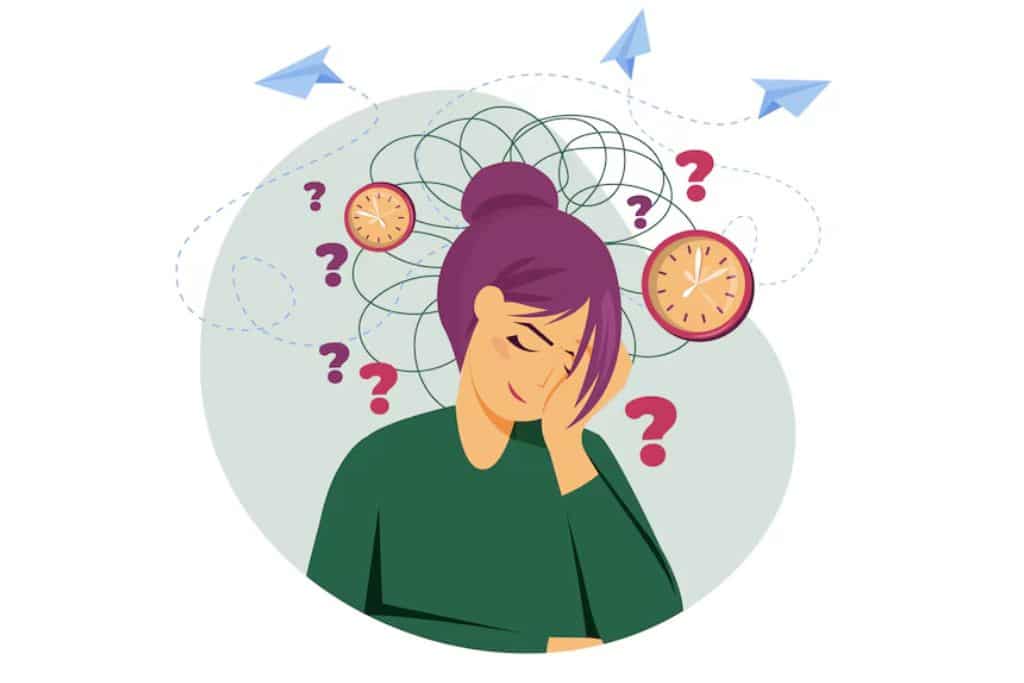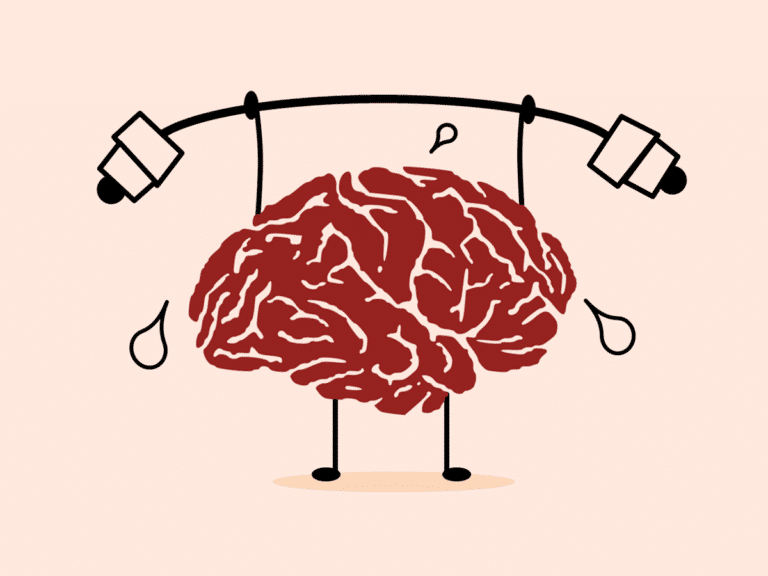Mental health is a cornerstone of our overall well-being, shaping how we think, feel, and behave in everyday life. It impacts how we handle stress, interact with others, and make decisions. Despite its critical importance, mental health often remains overlooked or misunderstood, partly due to persistent stigma and lack of awareness. This article will delve into the meaning of mental health, the challenges posed by mental illnesses, and the importance of fostering mental health awareness in our personal lives and society at large.
Understanding Mental Health

Mental health is not merely the absence of mental illness. According to the World Health Organization (WHO), it involves a state of well-being in which individuals can realize their abilities, cope with the normal stresses of life, work productively, and contribute to their community.
Good mental health allows us to navigate life’s challenges, build healthy relationships, and maintain a positive outlook. Conversely, poor mental health can disrupt our daily routines, strain relationships, and compromise physical health.
Factors Affecting Mental Health
Several factors influence mental health, including:
- Biological Factors: Genetics, brain chemistry, and family history play a significant role.
- Life Experiences: Trauma, abuse, or adverse childhood experiences can profoundly impact mental well-being.
- Environmental Factors: Socioeconomic status, living conditions, and access to resources can either support or challenge mental health.
Mental Illness: What You Need to Know
Mental illnesses are medical conditions that disrupt a person’s thinking, feeling, mood, or behavior, making it difficult to function in daily life. These conditions are not a reflection of character or personal weakness but rather complex disorders that often require medical intervention.
Common Types of Mental Illness
Mental illnesses are diverse and can range from mild to severe. Some of the most common include:
| Condition | Key Features |
|---|---|
| Anxiety Disorders | Persistent fear or worry, including generalized anxiety disorder, OCD, and PTSD. |
| Mood Disorders | Significant mood changes like depression and bipolar disorder. |
| Schizophrenia Spectrum | Severe symptoms, including delusions and hallucinations. |
Early Warning Signs
Recognizing early signs of mental illness is essential for timely intervention. These include:
- Withdrawal from friends and family.
- Sleep disturbances (insomnia or oversleeping).
- Persistent sadness or hopelessness.
- Difficulty concentrating or performing daily tasks.
- Increased substance use (alcohol, drugs).
- Thoughts of self-harm or suicide.
Why Mental Awareness is Crucial
The Prevalence of Mental Illness
Mental health conditions are far more common than many realize. Each year, mental illnesses affect:
- 19% of adults
- 46% of teenagers
- 13% of children
Despite these numbers, stigma often prevents people from seeking help. Studies show that only half of those affected receive treatment, leaving many to suffer in silence.
Breaking the Stigma

Stigma is one of the most significant barriers to mental health care. It is fueled by stereotypes, misinformation, and cultural biases that paint mental illness in a negative light. For example, mental health conditions are often viewed as personal weaknesses, unlike physical illnesses such as diabetes or heart disease, which are more widely understood and accepted.
Combatting stigma requires:
- Education: Learning the facts about mental health.
- Compassion: Treating those with mental illnesses with respect and empathy.
- Advocacy: Promoting policies and practices that ensure equal treatment for individuals with mental health conditions.
Encouraging Treatment and Support
Mental awareness not only reduces stigma but also encourages individuals to seek treatment. Untreated mental illnesses can lead to serious consequences, including:
- Higher medical expenses.
- Poor performance at work or school.
- Increased risk of suicide.
By fostering awareness, we can create a supportive environment where individuals feel safe seeking the help they need.
The Importance of Early Intervention
Early diagnosis and treatment can significantly improve outcomes for individuals with mental health conditions. The process of diagnosis typically involves:
- Medical History and Physical Examination: To rule out underlying physical causes.
- Psychological Evaluation: A thorough assessment of symptoms, behaviors, and emotional state.
- DSM-5 Criteria: Mental health professionals use the Diagnostic and Statistical Manual of Mental Disorders (DSM-5) to guide diagnosis.
The earlier a condition is identified, the better the chances of successful treatment.
Treatment Options for Mental Illness
Mental health conditions are highly individual, and so are their treatments. Effective management often involves a combination of approaches:
1. Psychotherapy
Also known as talk therapy, psychotherapy helps individuals understand their thoughts, emotions, and behaviors. Popular forms include:
- Cognitive Behavioral Therapy (CBT): Focuses on changing negative thought patterns.
- Exposure Therapy: Helps individuals confront fears in a controlled setting.
2. Medication
Medications like antidepressants, antipsychotics, and anti-anxiety drugs can alleviate symptoms, making it easier to manage daily life. These medications should always be prescribed and monitored by a healthcare professional.
3. Self-Care and Lifestyle Changes
Lifestyle adjustments can complement medical treatments, such as:
- Practicing mindfulness and relaxation techniques.
- Following a balanced diet and staying hydrated.
- Engaging in regular physical activity.
4. Support Networks
Family, friends, and support groups can provide emotional and practical assistance, reducing feelings of isolation.
Tips for Maintaining Good Mental Health
Proactively caring for your mental health is essential for overall well-being. Here are some practical tips:
- Stay Active
Physical activity, such as jogging or yoga, releases endorphins that improve mood and reduce stress. Aim for 30–45 minutes of exercise, 3–5 times a week. - Eat Nutritious Foods
A diet rich in whole grains, lean proteins, and fresh fruits and vegetables supports brain health. - Prioritize Sleep
Sleep is vital for mental health. Adults should aim for 7–9 hours of quality sleep each night. - Practice Mindfulness
Techniques like meditation and journaling can help you stay grounded and reduce stress. - Build a Support System
Nurture relationships with people who make you feel valued and supported. - Seek Help When Needed
If you’re feeling overwhelmed, don’t hesitate to reach out to a mental health professional.
Myths vs. Facts About Mental Health
Debunking misconceptions is an essential part of raising awareness.
| Myth | Fact |
|---|---|
| “Mental illnesses are rare.” | Mental illnesses affect millions worldwide every year. |
| “Teenagers don’t have mental health issues; it’s just hormones.” | Half of all mental health conditions begin by age 14. |
| “People with mental illnesses are dangerous.” | Most individuals with mental illnesses are not violent and are more likely to be victims of violence. |
| “Mental illness is a sign of weakness.” | Mental illnesses are medical conditions, not a reflection of personal strength. |
The Role of Communities in Promoting Mental Awareness
Mental health is not just an individual concern but a collective one. Communities can play a vital role in fostering mental awareness by:
- Providing Education: Offering workshops or seminars on mental health topics.
- Creating Safe Spaces: Ensuring schools, workplaces, and public spaces are inclusive and supportive.
- Advocating for Resources: Supporting the development of accessible mental health services.
The Role of Technology in Mental Health
In today’s digital age, technology offers tools to support mental health:
- Mental Health Apps: Apps like Calm and Headspace provide guided meditation and mindfulness exercises.
- Teletherapy: Virtual counseling sessions make mental health care more accessible.
- Online Communities: Platforms like Reddit and Facebook offer spaces for individuals to share experiences and support.
However, it’s essential to strike a balance and avoid excessive screen time, which can negatively impact mental health.
Authentic Sources for Mental Health Information
Accessing reliable information is crucial for understanding and addressing mental health concerns. Here are some trusted sources:
- National Institute of Mental Health (NIMH): www.nimh.nih.gov
- World Health Organization (WHO): www.who.int
- National Alliance on Mental Illness (NAMI): www.nami.org
- Anxiety and Depression Association of America (ADAA): www.adaa.org
- Centers for Disease Control and Prevention (CDC): www.cdc.gov
Conclusion
Mental health is a vital aspect of our overall well-being, influencing how we navigate life’s challenges and connect with others. By fostering mental awareness, we can reduce stigma, encourage early intervention, and create supportive environments where everyone feels valued. Whether through education, advocacy, or personal care, each of us has a role to play in promoting mental health and ensuring a brighter, healthier future for all.


